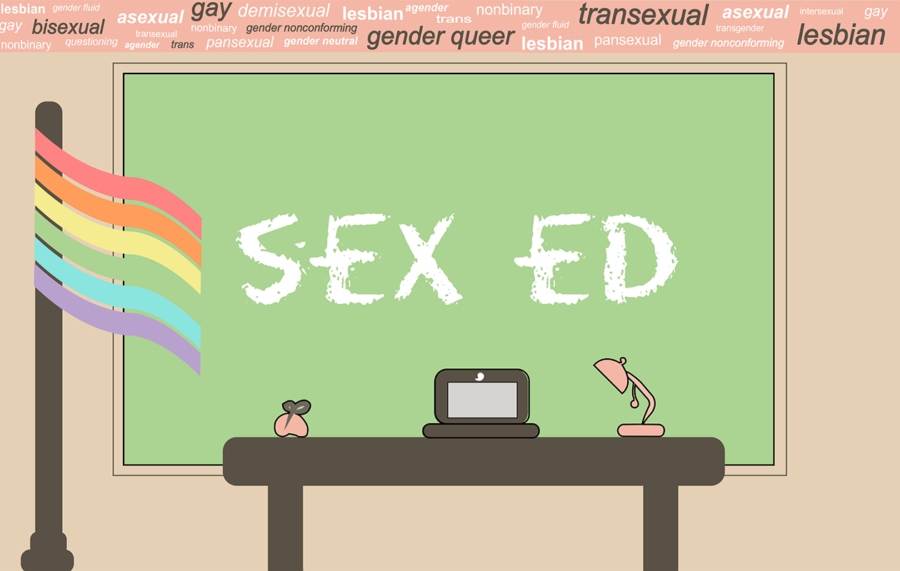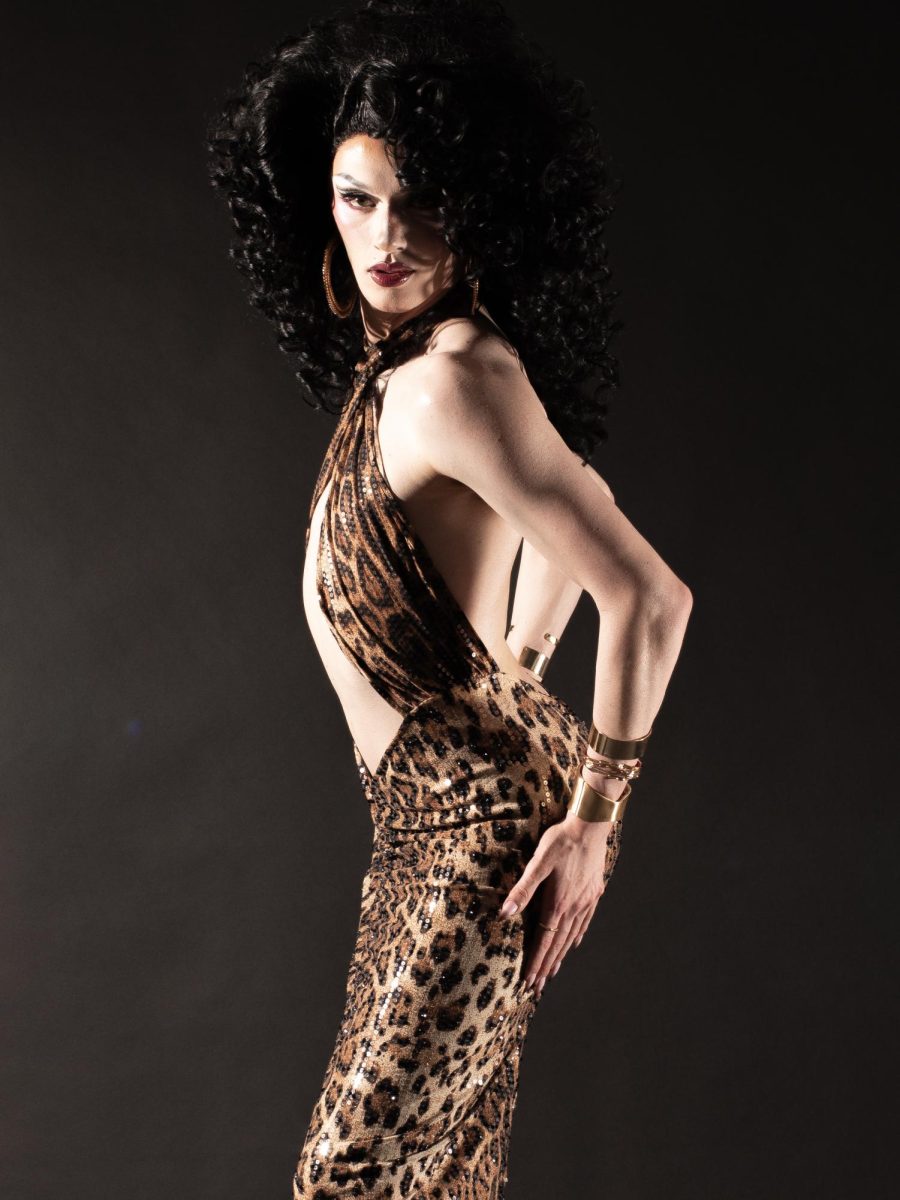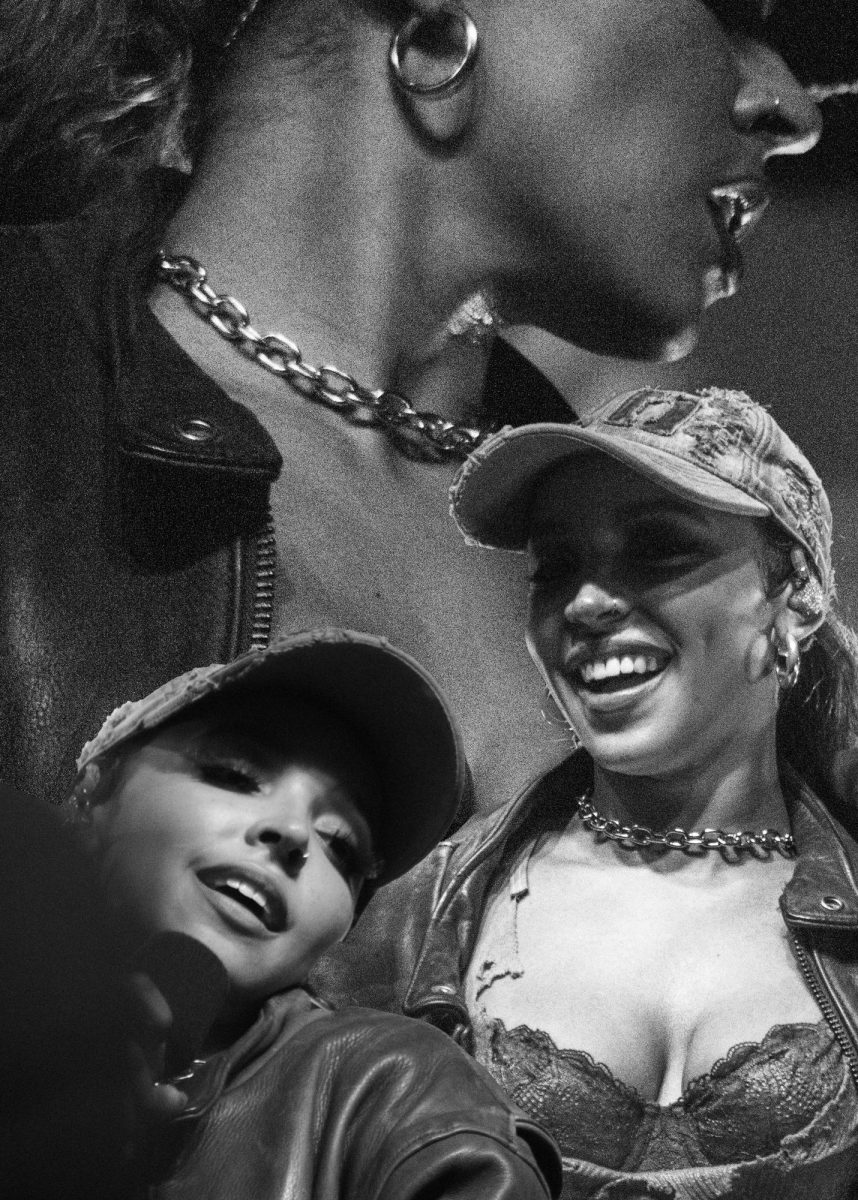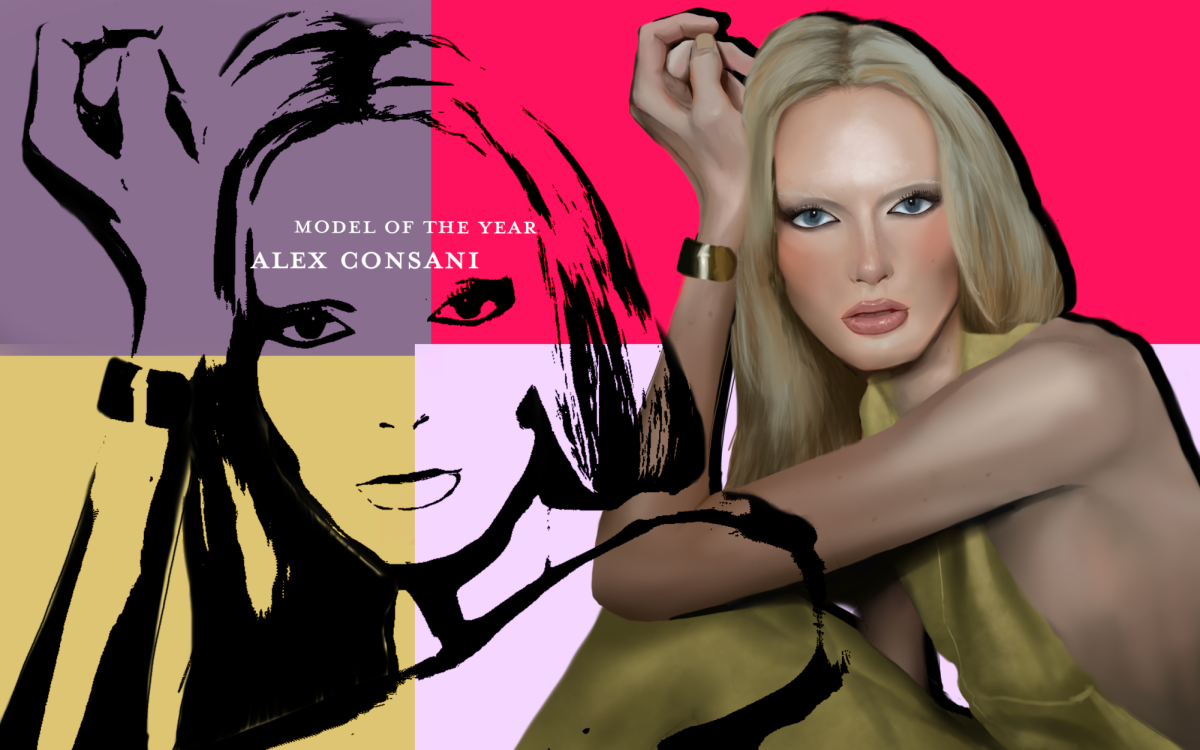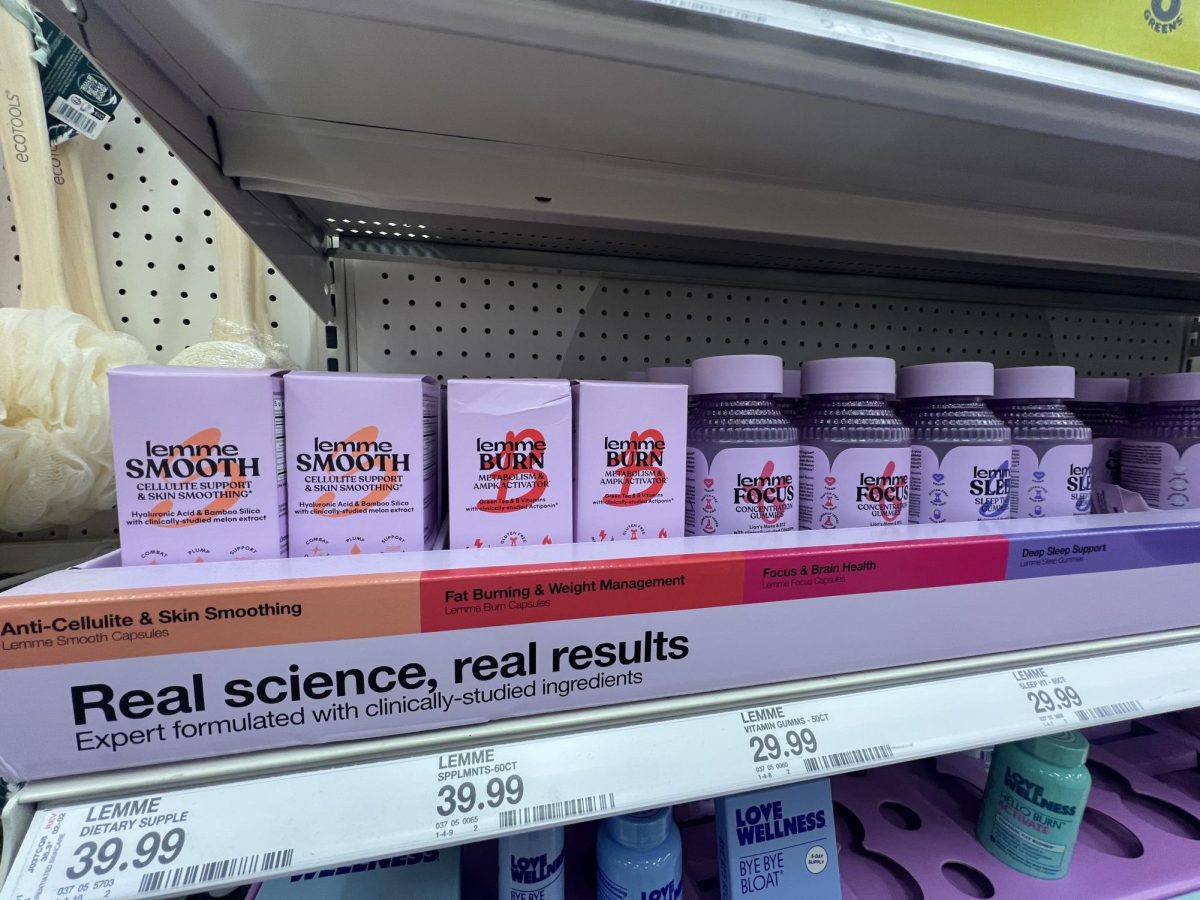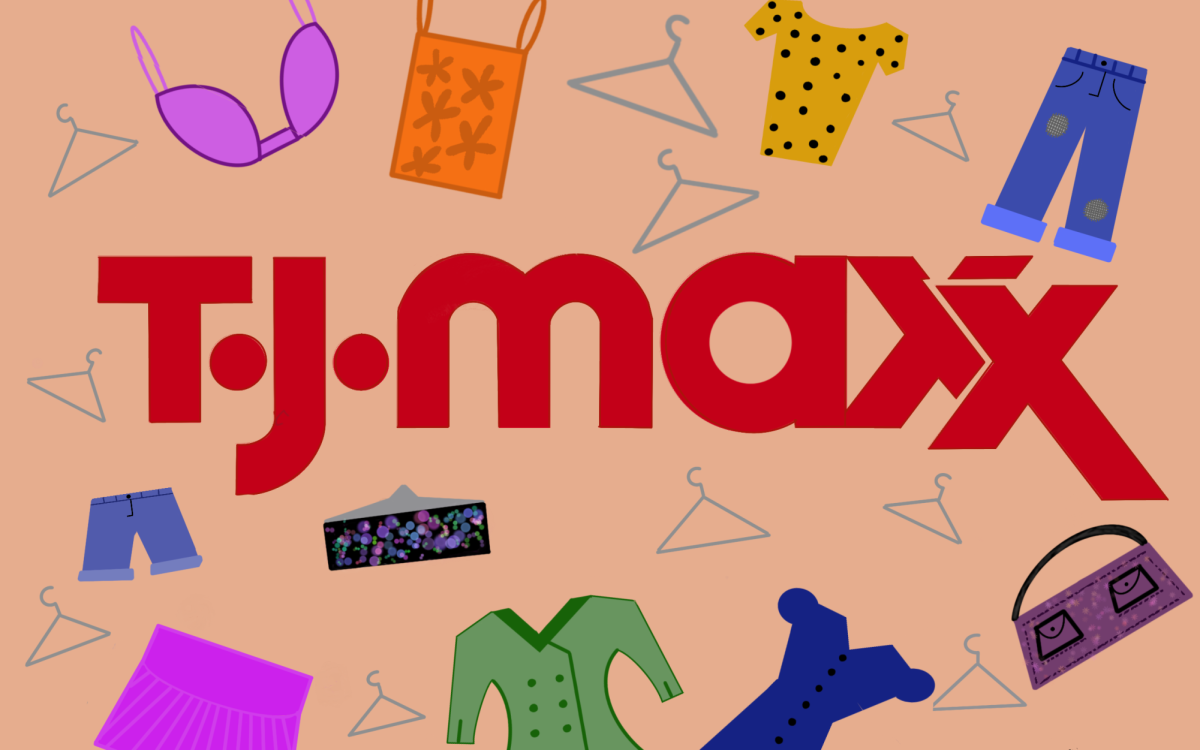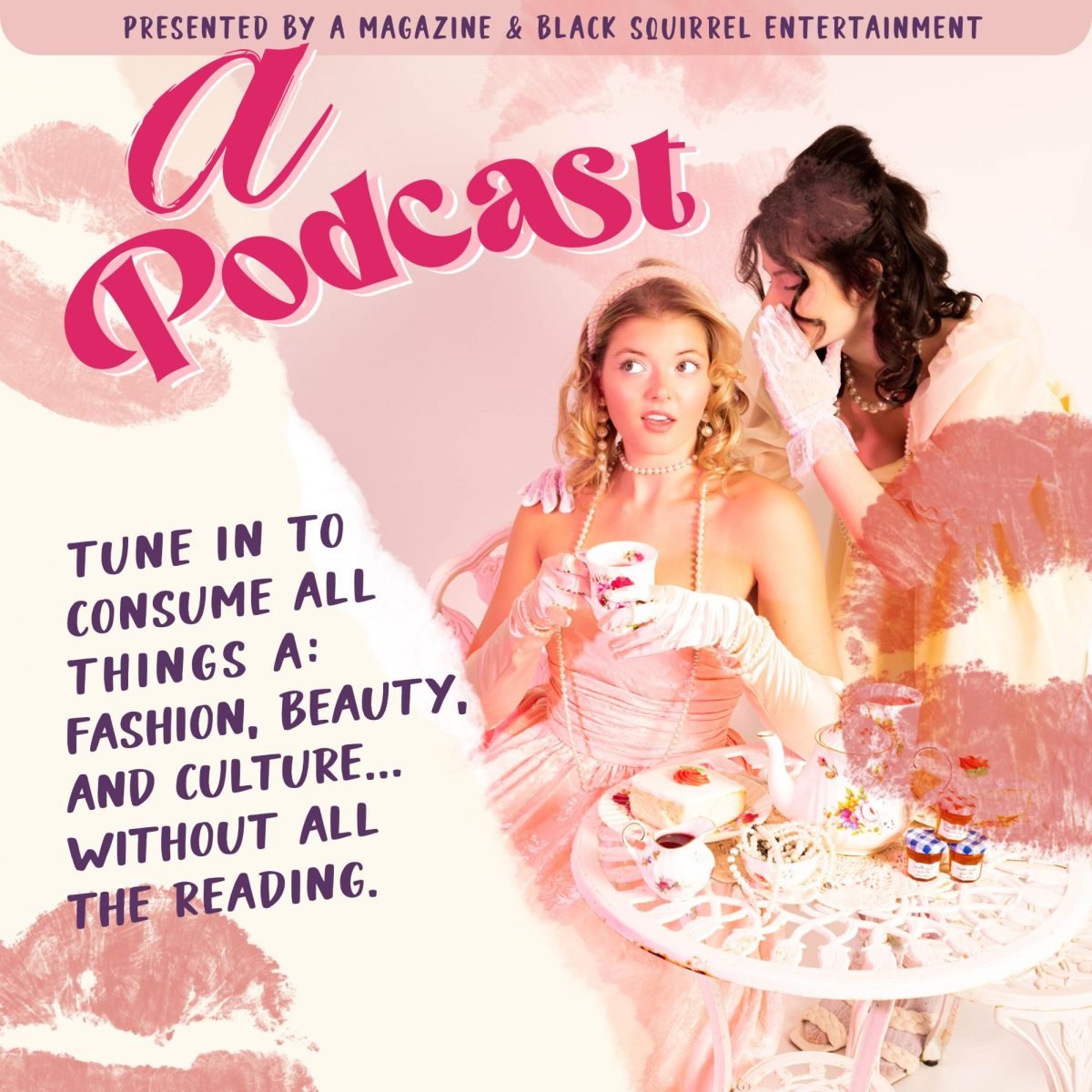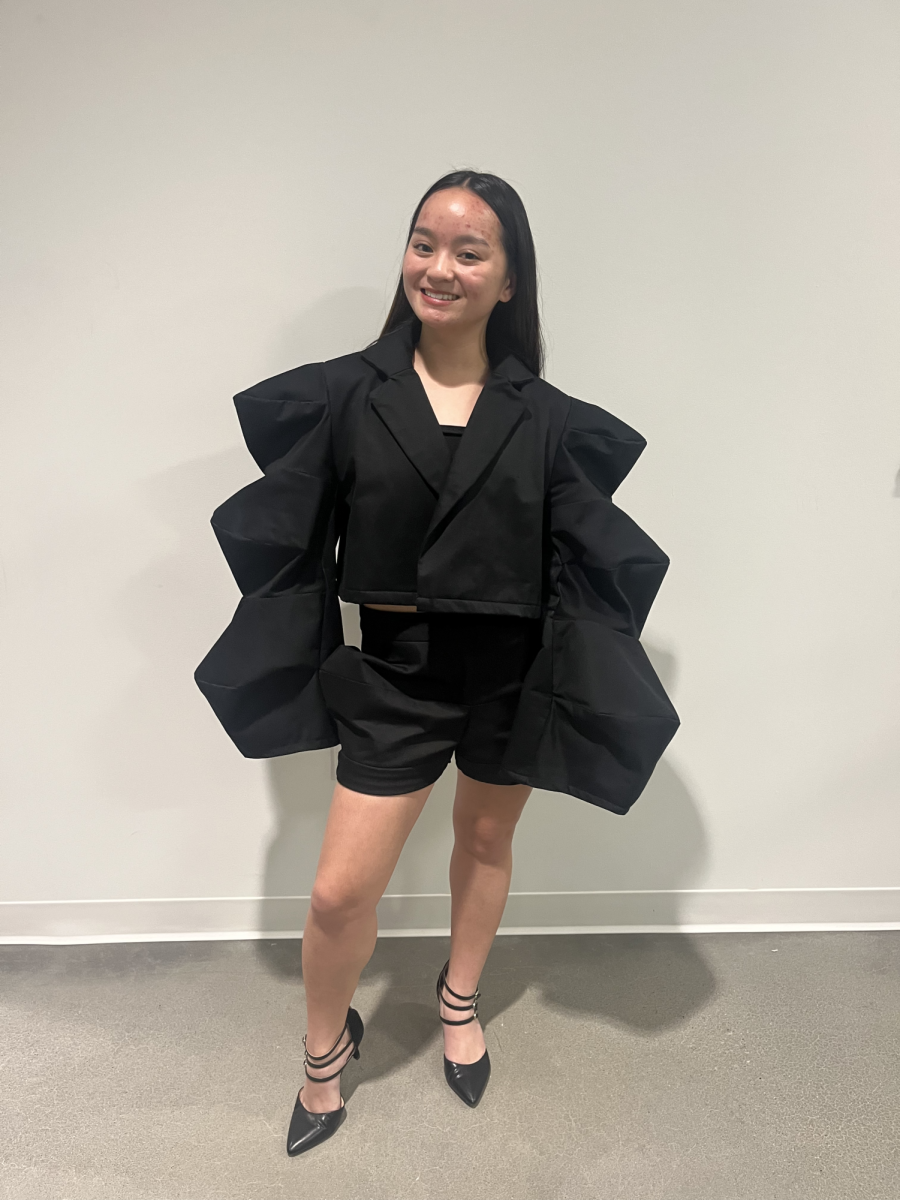Allow me to introduce myself. My name is Maria and I am a senior journalism major at Kent State. Alongside that very fun major, I minor in human sexuality. Our culture is a little uncomfortable whenever we mention the word “sex” and often associate the study of it with very graphic ideas. I can guarantee I am not in class studying sex positions daily and which lube tastes the best (that’s what I do in my own time, guys!).
In reality, we are covering the health and sociological aspects of sexuality, as well as how politics come into play with sexuality and sex practices. I have done a variety of sexuality journalism, covering everything from poor sex education in the United States to my very own scare with breast cancer and the biopsy I had. I have a cool scar from the operation, I feel like Harry Potter (the only difference is, if you touch my scar, you could go to jail).
All of this is to say, I love learning about sexuality on individual and macro levels. I wanted to learn more about what students at Kent State feel when it comes to their sex lives, relationships on campus and sexuality in the world, so I sent out an anonymous survey. I am overjoyed with how many people shared their stories and questions.
It’s no secret that public schools love pushing ineffective abstinence-only sex education via scare tactics and slut-shaming. (Last time I checked, the Bible was not a sexual health textbook, but some homophobic and transphobic lawmakers disagree. Vote those people out!). Many students expressed feeling stunted by these “lessons,” so I made it a point to ask, “What do you wish you had learned in sex ed?” An overwhelming number of people shared that they wish they had learned *literally anything* about the LGBTQ+ community and their sexual health needs.
Today, I will be discussing things we all should have learned in relation to sexual orientation, gender and more. Having inclusive lessons benefits all students, regardless of orientation or identity.
Gender vs. sex and fluidity
Sadly, I didn’t learn about this until I came to college. It’s important to always note that sex relates to your physical traits, while gender is a social construct describing masculinity and femininity. Explaining pronouns is also necessary to be inclusive to all students and shatter the fixed binary culture we’ve created.
Kent State has done amazing work by asking all teachers and administration members to include their pronouns in their email signature and on business cards to make the college community inviting and inclusive. A great tool for those who don’t understand terminology is the “Gender Unicorn,” a helpful visual for young and old students, alike. Discussing how one’s physical features may not match with their gender identity can help young trans individuals navigate their feelings and realize this feeling is normal and OK. Obtaining the vocabulary to describe your experience is the first step to becoming your authentic self and finding resources on how to transition or come out. All in all, teaching terminology like this can save lives!
How to protect yourself from STIs
Again, I didn’t learn how to use a condom until college. This is far from acceptable.
Kids need to be taught about hormonal birth control that prevents pregnancy, as well as barrier methods that help all sexually active people prevent STIs and STDs. If it’s hard for educators to discuss condoms, it is likely that young people will learn nothing about how you can use dental dams on vulvas or internal condoms for intercourse. These simple sheets of plastic can be the difference between health and preventable illness for all sexually active young people.
Though it’s a little more on the medical side, educators should discuss vaccines and pills. Though STIs, STDs and HIVs are preventable, we need to actively acknowledge that they are never a death sentence. Doing so will reduce stigma and enhance public health.
Media literacy
When young people can’t openly ask questions about their anatomy or their sexual feelings, they often turn to porn.
While there are ways to consume porn ethically and support sex workers, it is vital to teach kids that porn isn’t “real sex.” Just like the Fast and Furious movies, it’s all just bad acting. Without this simple reminder, young people develop the idea that sex with a partner has to be rough, aggressive, etc. It’s very easy to say, “Hey young people, I know you probably have seen or even still watch porn and think that’s how to have sex. It’s not. The only right way to have sex is with consent.”
Don’t interchange “sex” and “intercourse”
“Sex” refers to a myriad of things. It certainly shouldn’t solely refer to penis-in-vagina intercourse for procreation. However, our heteronormative and sex-negative society and school systems make it seem like this is the only way to have sex.
Huffpost did a great article last year about LGBTQ-inclusive sex ed and eloquently stated, “Sex is like a Cheesecake Factory menu: There are endless options, some you might be interested in trying, some you’re not into and some you might try later.” Having the correct language includes all gender identities and sexual preferences.
“Intercourse” is a specific act that exists on that “Cheesecake Factory menu,” it’s necessary to talk about exploring many options for sexual pleasure.
Resources and political action
While it’s hard to grasp and tell young people, it’s absolutely necessary to disclose that some people are close-minded and may find that their identity is “wrong.” Hate still exists in America and we need to give youths the tools to overcome and outshine it.
Should young people need a support system, have questions, etc., educators should share resources for LGBTQ+ youth, as well as general resources such as Planned Parenthood links. LGBTQ+ resources can be found here and are separated by state.
Educators should also use their lessons to briefly explain the importance of voting and looking up politicians’ track records when it comes to sex education and gay/trans rights. Voting matters and human rights should never be up for debate! Going to the polls and being an advocate can be the difference between inclusive or shaming, medically inaccurate sex ed.
Obviously, there are so many topics to discuss when it comes to inclusive and effective sex ed. If you have other questions, please fill out this survey and your question may be answered in future blogs!
Support Student Media
Hi, I’m Maria McGinnis, a senior journalism student from Stow, Ohio. I’m also the editor in chief of A Magazine. My staff and I are committed to bringing you the most important and entertaining news from the realms of fashion, beauty, and culture. We are full-time students and hard-working journalists. While we get support from the student media fee and earned revenue such as advertising, both of those continue to decline. Your generous gift of any amount will help enhance our student experience as we grow into working professionals. Please go here to donate to A Magazine

